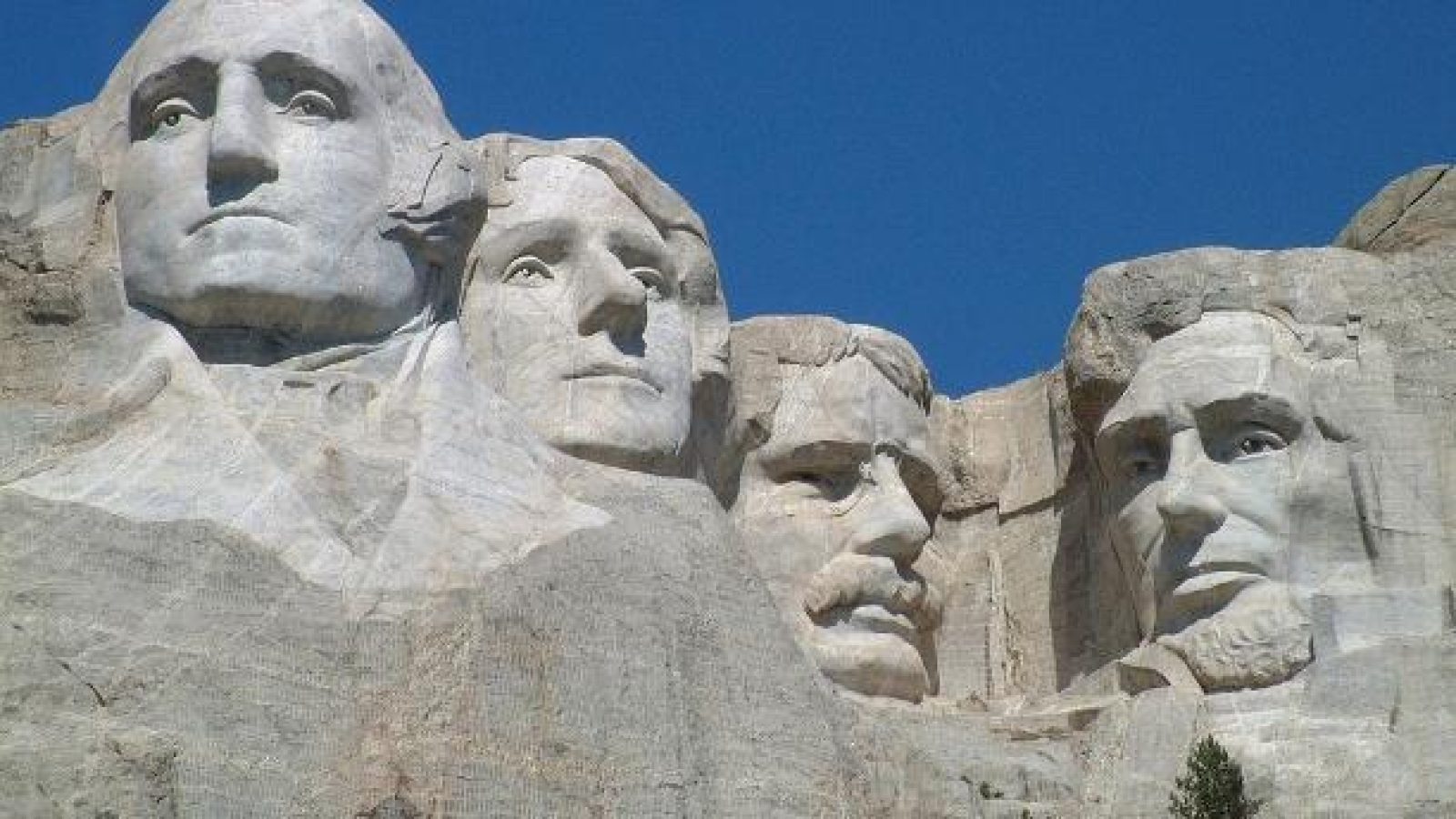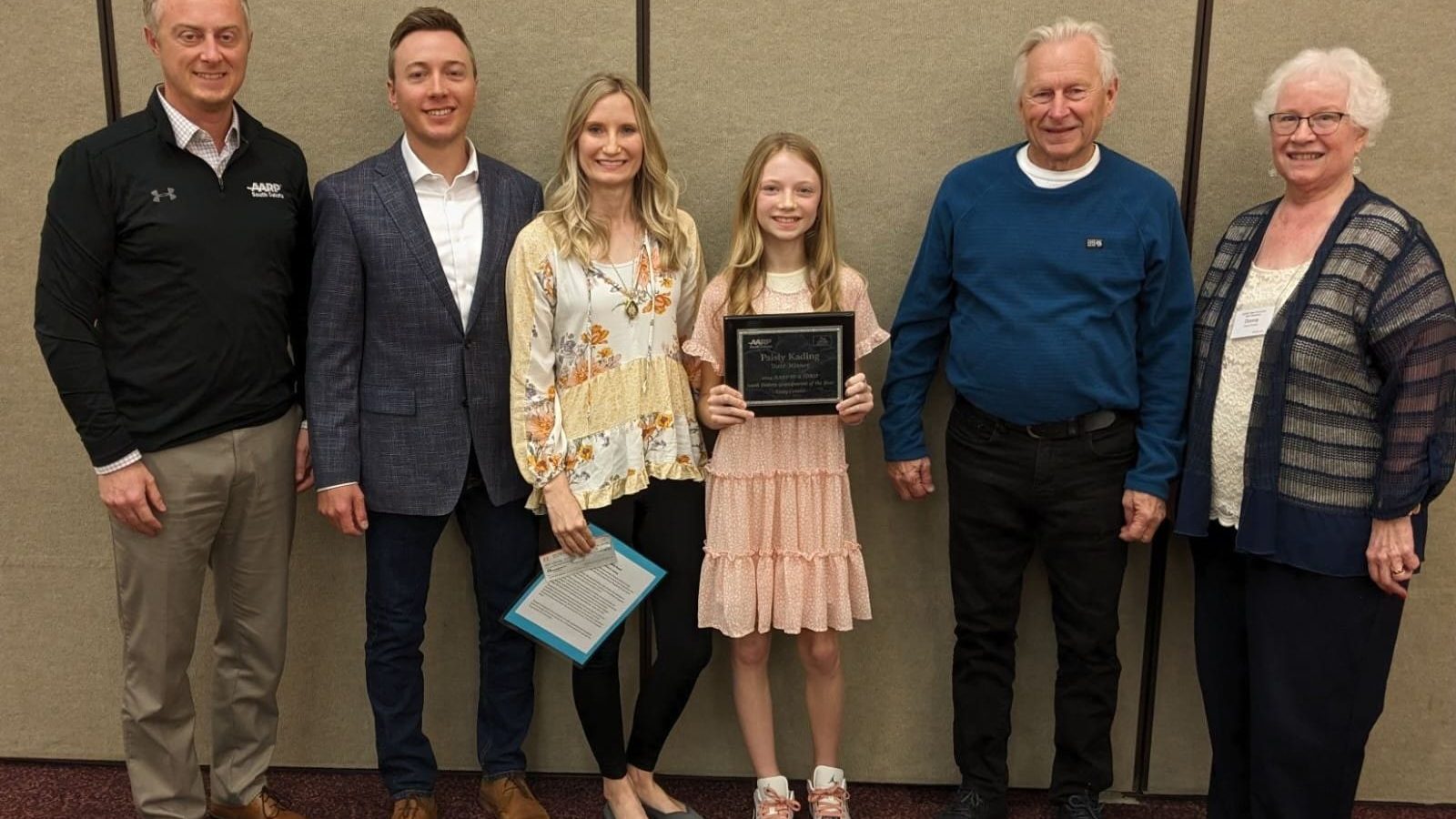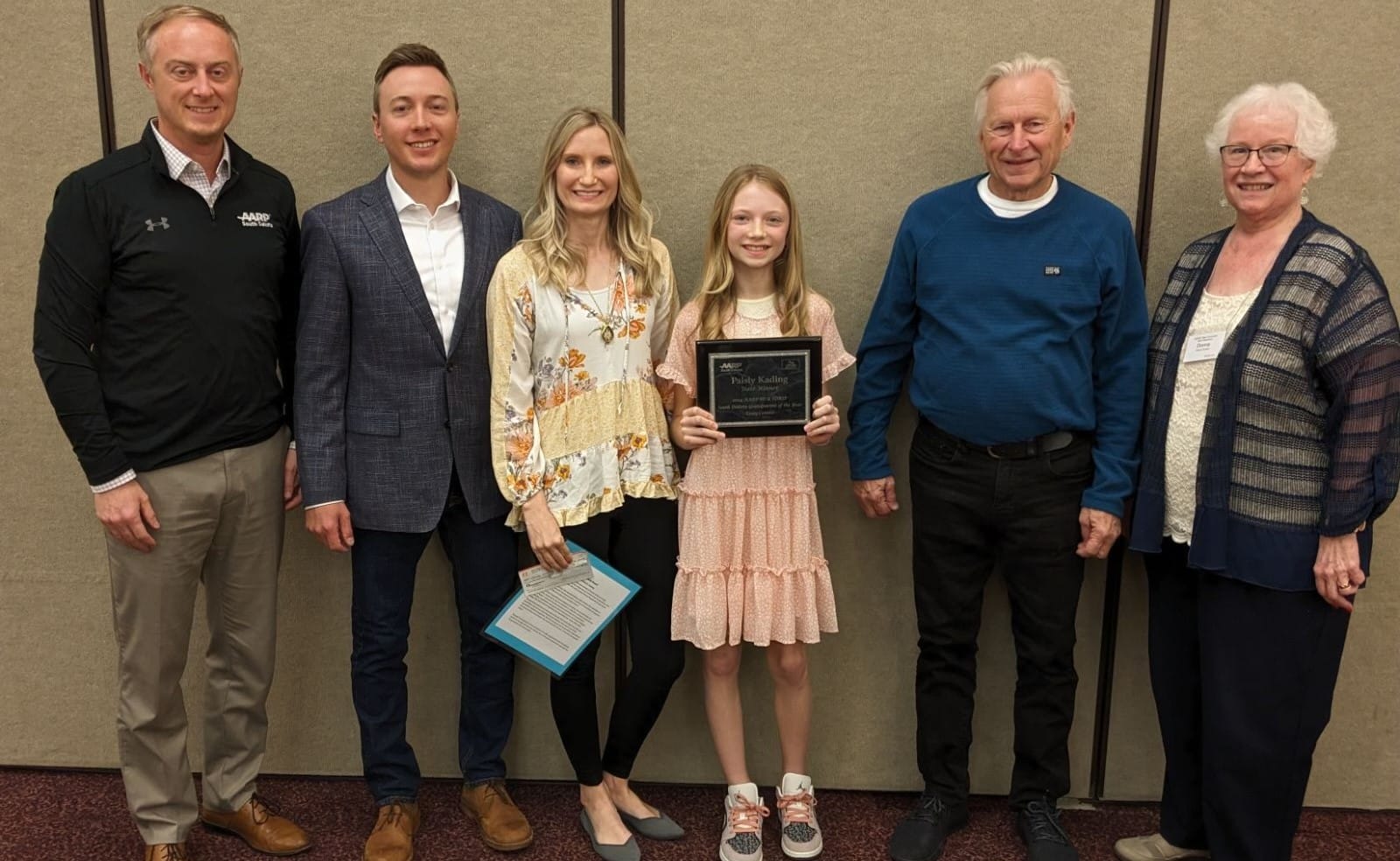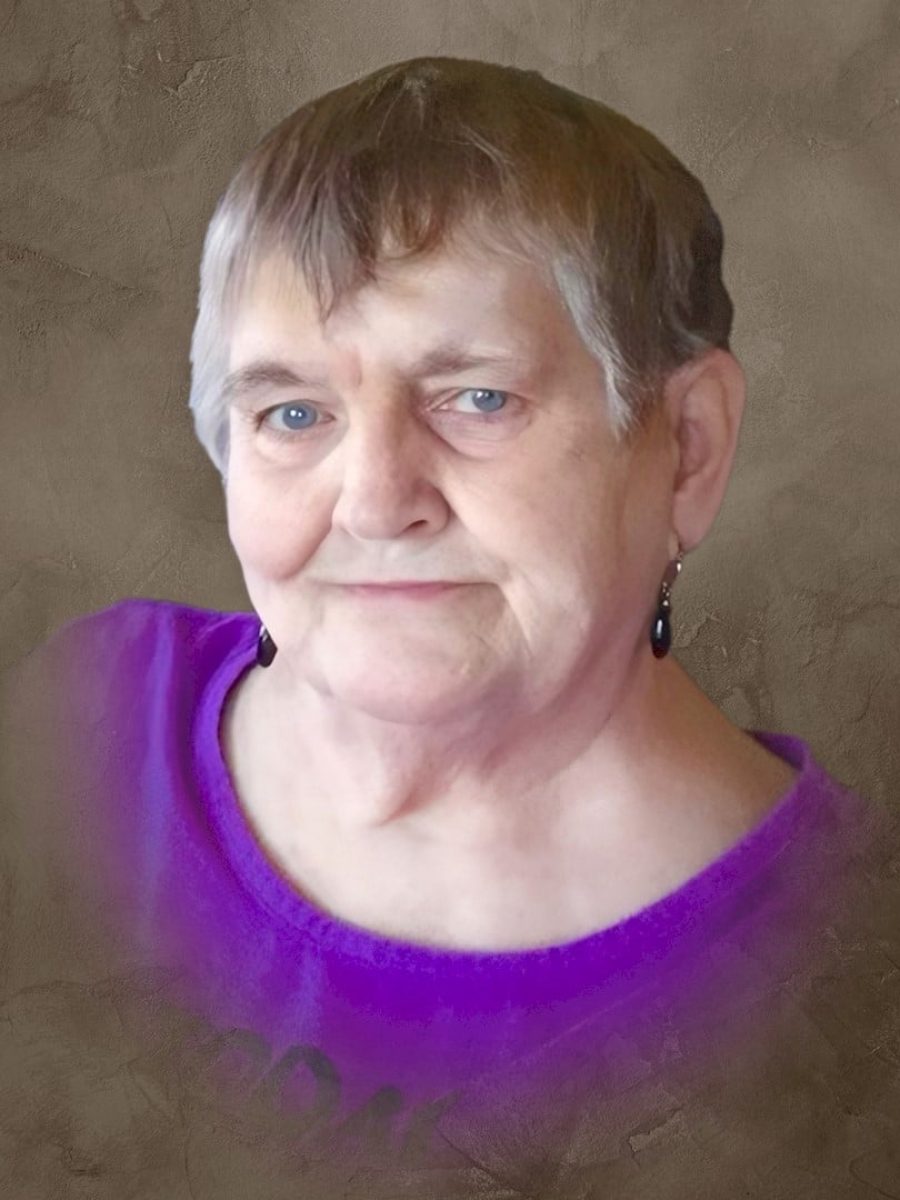SIOUX FALLS, S.D. — Representatives of South Dakota’s public universities said they supported a tuition freeze requested by the state’s Board of Regents.
Members of regents and representatives of the six public four-year universities spoke at Jan. 23 and Jan. 24 meetings of the Legislature’s Joint Committee on Appropriations.
University of South Dakota President Sheila Gestring said while the campus needs additional state money for maintenance and repair of several buildings, “If you are asking between a tuition freeze and these projects, tuition freeze. There is no question that is most important,” Gestring said on Jan. 24.
A day earlier, Black Hills State University President Laurie Nichols said a tuition freeze “was front and center” of priorities for the legislative session.
Barry Dunn, the president of South Dakota State University, said on Jan. 24 that a tuition freeze and South Dakota Freedom Scholarships make “a huge difference in making college more affordable.”
South Dakota Freedom Scholarships are needs-based scholarships and are funded by public and private sources.
Keeping college affordable is critical as the college representatives said they are all working on ways to recruit and retain students, but also, to help ensure that graduates stay and work in South Dakota.
Gov. Kristi Noem didn’t recommend a tuition freeze in her December budget address, however.
Dakota State University President José-Marie Griffiths said this week that the university’s enrollment grew from 1,801 in 2000 to 3,241 in 2022. The university’s focus is on cyber programs such as cyber security but also infusing cyber technology in elementary education, for example, Griffith said.
The DSU focus was directed in part by the state who has been designated as its specialized university in cyber in the state.
Northern State University President Neal Schnoor meanwhile said the university is responding to workforce needs in the state.
NSU has developed a master’s degree in education in Huron, Schnoor said. It’s also working on a mental health counseling program that would offer courses online.
“That would be a game changer,” Schnoor said of online counseling classes.
The state needs school administrators, teachers and counselors, according to their organizations.
All six universities pointed out they have upward trends in the retention of first year students.
When a college is successful at recruiting and retaining a South Dakota student, there is no guarantee they will stay in the state after graduation.
South Dakota School of Mines and Technology President James Rankin said about 36% of the school’s graduates stay in the state. “We have to create more high technology jobs in the state,” Rankin said.
The university is helping through its research and patents that are developed by students, Rankin said.
South Dakota’s location can be a disadvantage because many start-up companies need the investment of venture capitalists who are typically on the West Coast or East Coast, he said.
SDSU’s veterinary program is a partnership with the University of Minnesota. Students will get opportunities and access to various livestock operations that aren’t as readily available in Minnesota, an SDSU representative said.
Those experiences often lead to SDSU vet graduates staying in the state.
The USD medical school used the Frontier And Rural Medicine (FARM) program which places a select group of Pillar 2 medical students in rural settings for nine months.
“These students are seeing the impact of what they can do in a (rural or underserved area),” said Tim Ridgway, the dean of the USD medical school.
Students can be placed in Mobridge, Parkston or Pierre, for example. And 57% of those FARM students get a residency in family medicine, internal medicine or pediatrics which are all needed in rural and underserved areas, he said.
Overall 63% of the medical school graduates stay and practice in South Dakota, according to Ridgway.
“That is something we can continue to work on,” Ridgway said of increasing the percentage of graduates who stay in the state.












